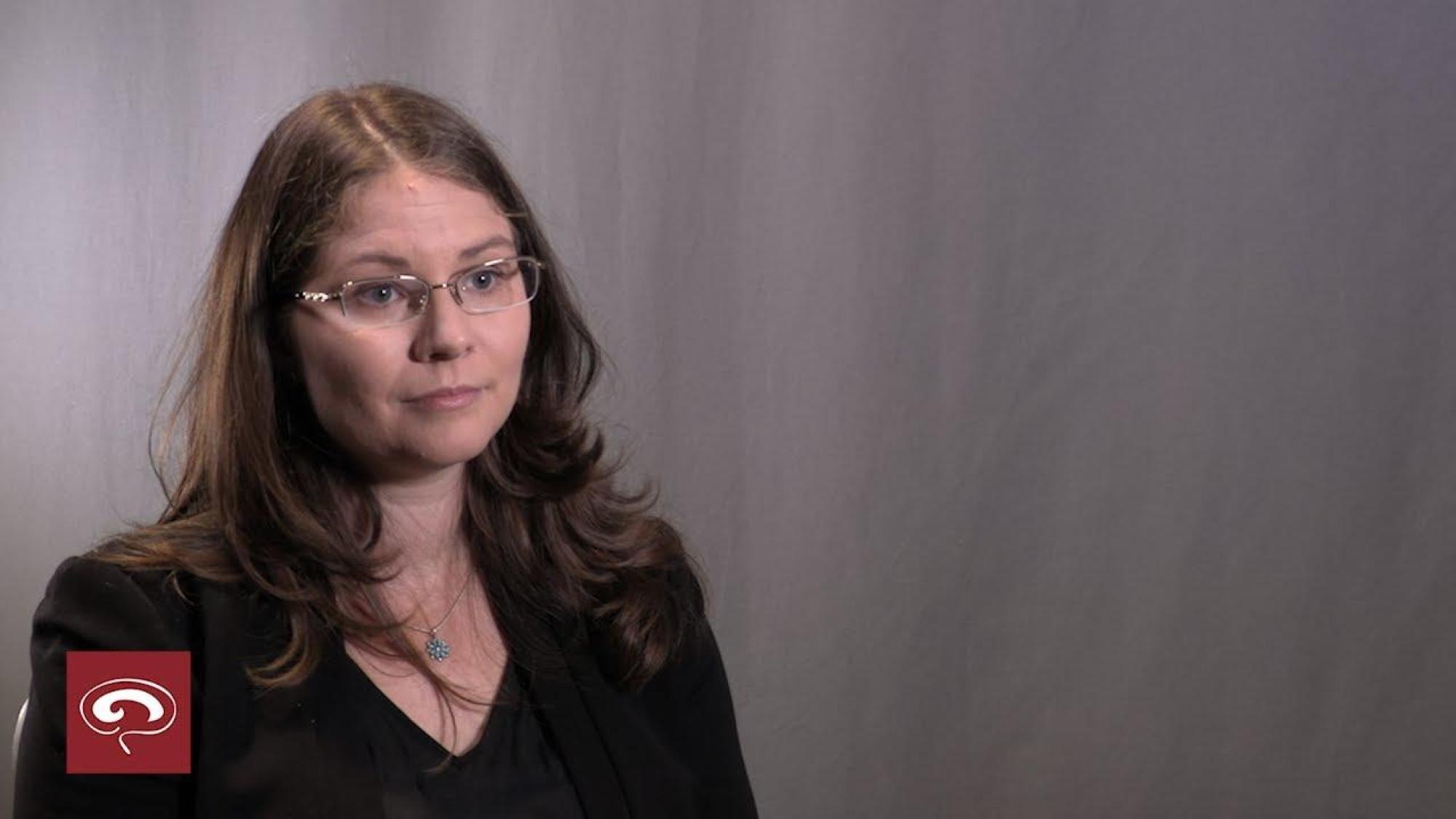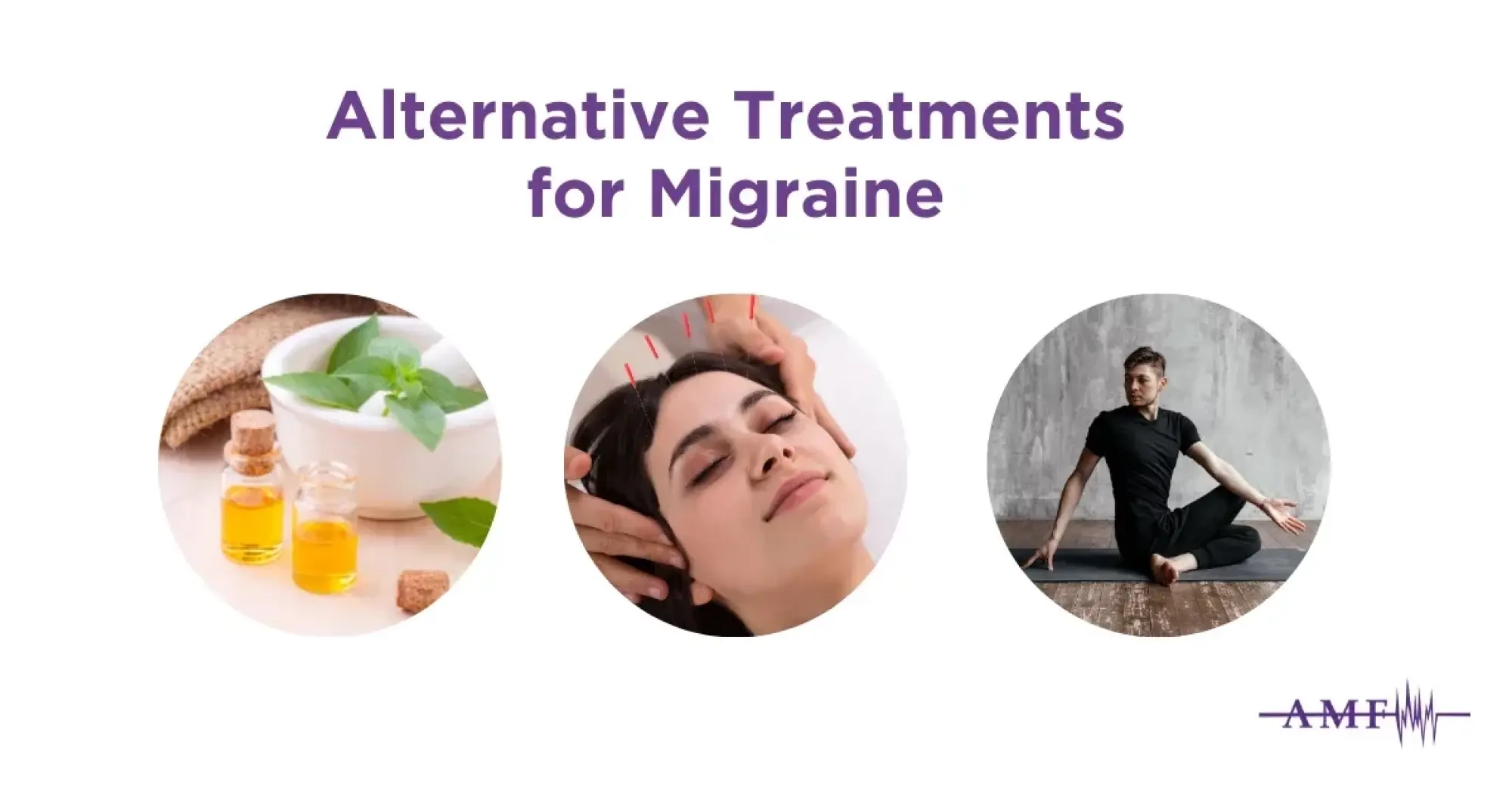Behavioral Treatment for Migraine
Overview
A large body of literature supports the efficacy of behavioral intervention for migraine. Behavioral therapies are often prescribed in conjunction with acute or preventive strategies to better manage headache disorders. Learn more about how cognitive-behavioral therapy, biofeedback and relaxation strategies work in conjunction with other treatment options to reduce the frequency and intensity of migraine days.
Videos

Behavioral Treatment for Children With Migraine
Behavioral treatments such as cognitive behavioral therapy, relaxation techniques, healthy lifestyle habits, and biofeedback can be beneficial to anyone with migraine, especially children. Learn how to properly frame the recommendation for behavioral treatments.
Recent News & Research

Cognitive Behavioral Therapy for Migraine: Q&A
Elizabeth Seng, PhD, FAHS, discusses the significance of CBT and how it can be included as part of a patient’s migraine treatment

Study Demonstrates Feasibility of Migraine-Specific CBT
Researchers in Germany showed that targeted behavioral therapies may benefit patients with migraine. Katherine Hamilton, MD, of the University of Pennsylvania, weighs-in on the results of the research.

Barriers to Behavioral Therapy in Headache Management
As a part of my standard treatment approach, I discuss behavioral interventions, mainstream pharmacological treatments and other integrative approaches such as magnesium and riboflavin...
Additional Resources
How Do I Discuss Behavioral Treatment with my Patient with Migraine?
Behavioral Treatment Resources Handout for Patients
Behavioral and other Nonpharmacalogic Treatments for Headache
Patient Resources

Behavioral Treatment of Migraine
How to use behavioral treatment to combat migraine. Learn about cognitive-behavioral therapy and how it works in treating people with migraine.

Yoga for Migraine Treatment
See why yoga is considered one of the many non-medical ways people can fight migraine—and how to add it to your treatment plan.

The Importance of Mindfulness for Migraine
Mindfulness, defined as “paying attention in the present moment without judgment,” can help alleviate stress and, in some cases, prevent a migraine attack.

Behavioral Treatment of Headache and Migraine Patients - Making Referrals
Behavioral treatments such as biofeedback and muscle relaxation can reduce headaches. Learn about cognitive-behavioral therapy and if it's right for you.

Stress and Migraine
One of the most effective things you can do to control migraine is to reduce your stress. Here are a few tips on how to do it.

Sleep Disorders and Headache
People with headache disorders have a 2-8 times greater risk for sleep disorders. Learn the connections between the two and how to regain healthy sleep.

Managing Diet and Migraine
Making even small changes to your diet can impact migraine. Learn from Dr. Alan Finkel how to discuss food triggers and dieting with your doctor.

Excusing Yourself During a Migraine Attack
There's no good time to have a migraine attack. That's why Move Against Migraine offers tips on how to excuse yourself during one. Read to learn more.

Exercise and Migraine
Learn about the various ways exercise can help you manage migraine. We also provide tips on starting an effective exercise regimen.

Modeling Migraine Conversations
Here are some tips to navigate migraine conversations to help you prepare to be your own best advocate at work, school or home.

Top 10 Migraine Triggers and How to Deal with Them
Learn all about the top 10 most common migraine triggers and the American Migraine Foundation's best tips for managing and preventing them.

Seasonal Migraine Triggers
When the seasons and weather change, so can migraine triggers. Learn more about the seasonal impact of migraine and what triggers to look out for.

Abuse, Maltreatment, and PTSD and Their Relationship to Migraine
A history of sexual, physical and emotional abuse can cause a disposition to headache. Learn the reason for the connection and how it can affect you.

Biofeedback and Relaxation Training for Headaches
Biofeedback and relaxation training are a great addition to a headache treatment regimen. Learn how they can help improve your quality of life.

Integrative and Complementary Migraine Treatments
There are various integrative and complementary treatments for migraine. Find out the different types and how they benefit you.

Spotlight On: Acupuncture and Migraine
Acupuncture may offer a non-pharmacological treatment option for people with migraine. Learn about the role of Acupuncture in treatment of migraine.

